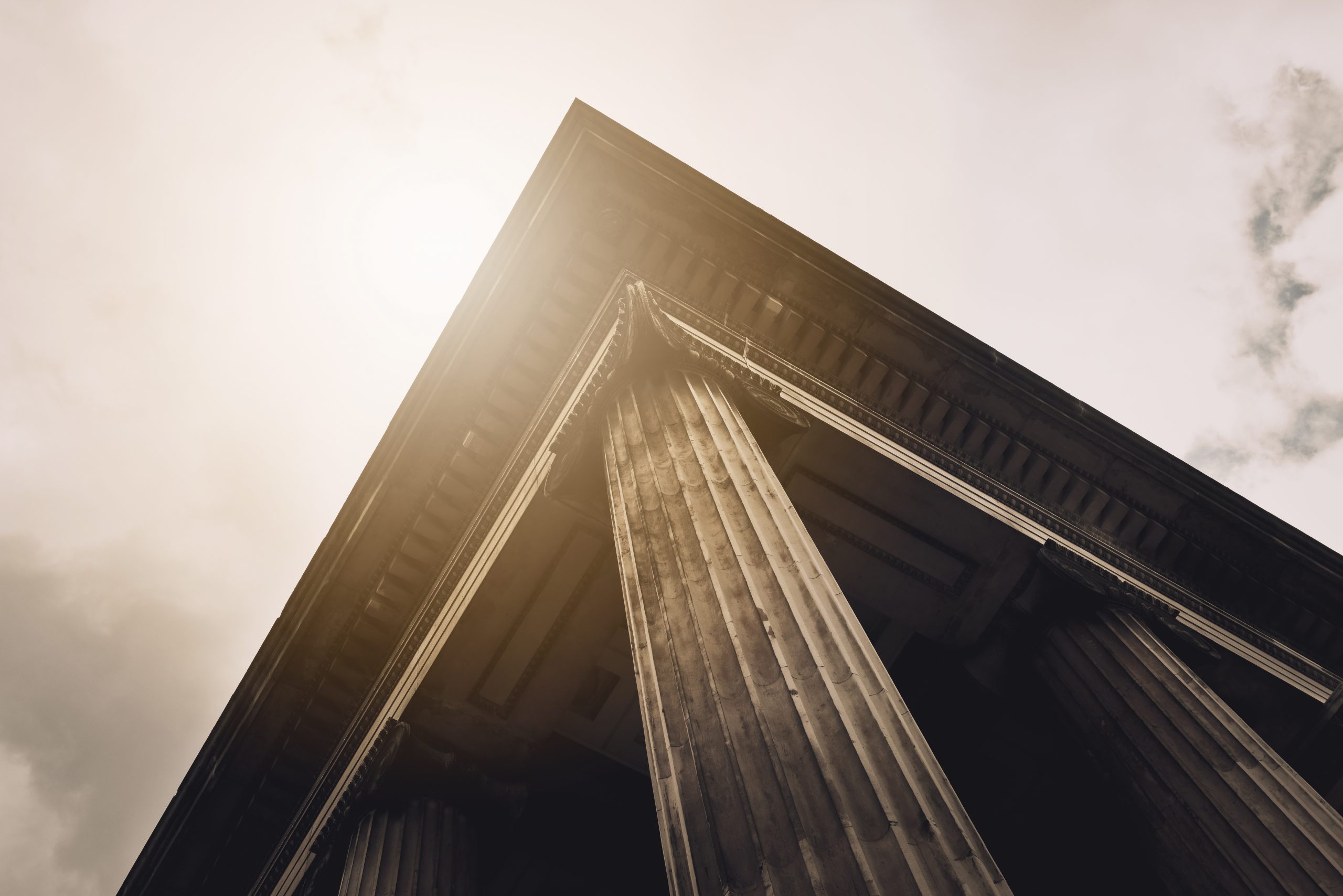…and now you’re being sued: reputation resilience in the face of COVID-19 disputes
September 7, 2020 • 2 minute read

Your organisation has survived. It has been one battle after the next, but you’ve activated contingency plans, kept staff safe, dealt with remote working and complied with new laws. Perhaps you can even, finally, see light at the end of the tunnel, so what next? Oh… you’re being sued.
It’s been a difficult time and organisations have faced untold reputational challenges as a result of COVID-19. Yet, media interest remains high for controversy driven by the pandemic, particularly high-profile disputes.
In the face of such disputes, reputation needs to be a primary consideration for organisations and resilience should be built to avoid the risk of long-term damage.
Risk
All disputes have the ingredients of a good story, and, although the precise landscape of pandemic litigation is yet to be fully understood, legal claims will be manifold. Any organisation involved in proceedings faces reputational risk, especially if claims speak to commercial difficulty, negligence, or wrongdoing. Some of the foremost risk areas are:
- Health and safety – as economies reopen, organisations face heightened risk of COVID-19 exposure-based litigation for failing to protect employees, customers, or clients from harm – claims could include negligence, personal injury, or even wrongful death. While the legal risks in such situations may be well-established, the crisis has brought about a shift in public sentiment. Any organisation seen to be failing in its duty to protect individuals, or perceived as out of step with broader social responsibilities, should expect increased scrutiny.
- Operational issues – the disruption caused by the COVID-19 outbreak is clear. What is far less clear is the extent to which this excuses non-performance of contractual obligations. Disagreements around force majeure clauses are firmly in the media spotlight – none more so than those involving office landlords and tenants, who have been unable to use their business premises because of stay-home orders.
- Consumer protection – claims for breach of contract in relation to refund policies, fees, services, or subscriptions will target almost every sector. Even esteemed organisations with strong reputations for customer service and reliability could run the risk of significant reputational damage when faced with large collective redress actions.
- Creditor action – many governments have implemented insolvency freezes in the wake of COVID-19 to protect organisations against creditors. In light of this, and given the uncertain economic outlook, some creditors are renegotiating contracts and terms of payment to give organisations breathing space to assess their options. However, the suspension on statutory demands and winding up petitions is temporary, and courts will soon start to hear hostile creditor petitions (e.g. from the 1st of October in the UK).
- Government action – according to the IMF, countries around the world have sanctioned more than $4.5tn worth of bailouts as a result of COVID-19. Yet, with so much money being issued, there is little clarity on how governments will investigate alleged abuse of furlough schemes or loan fraud. It could be many years before individuals and organisations are pursued for misconduct but that will, by no means, diminish the media’s appetite for justice.
Resilience
Each dispute will require different action and varied stakeholder communications to mitigate reputational risk. However, there are commonalities, and the following guiding principles should be applied:
- Think ahead – before embarking on litigation, perform as much risk analysis as possible, ideally in collaboration with your legal, investigations and communications teams, and understand the risks you face. Is it even necessary? For some organisations, the sums of money at stake in a dispute may be substantially less than the potential reputational damage caused by bringing it to court, even if ultimately successful. Where business relationships are on-going between parties, Alternative Dispute Resolution may also be considered to allow for matters to be resolved privately behind closed doors.
- Stay alert – monitor media and be aware of the climate for litigation. Consider strengthening policies where possible in advance of anticipated disputes, apply pre-prepared communication procedures in relation to any areas of concern and be consistent with stakeholder messaging. Be mindful of the rapidly changing COVID-19 circumstances and regularly review any ‘business as normal’ communications, including social media activity – it may be necessary to revise or pause such activity at very short notice. Wrong words said at the wrong time can adversely affect legal strategy.
- Take charge of the story – if a dispute is going to be in the media, don’t simply wait for it to happen. There can be a considerable advantage to taking a lead with the narrative and aiming to manage the way in which it is reported. This will allow you to articulate a clear and compelling rationale for your actions and gives the opportunity to echo core brand messaging. By waiting, the media may contact the opposing party first, allowing them to air grievances or allegations yet to be proven. However, even when facing negative publicity, the way in which an organisation chooses to handle it can speak volumes, and, when approached with transparency and the right tone, may even help to enhance reputation.
- Remember who you’re talking about – the majority of COVID-19 litigation will stem from disputes with organisation’s existing stakeholders – e.g. employees, investors, customers, landlords – some of whom will have hitherto been valued partners and may yet remain important to an organisation long after the stress and headaches of the pandemic have passed. While certain arguments may bring success in a court of law, they are not guaranteed to win the battle in the court of public opinion.
